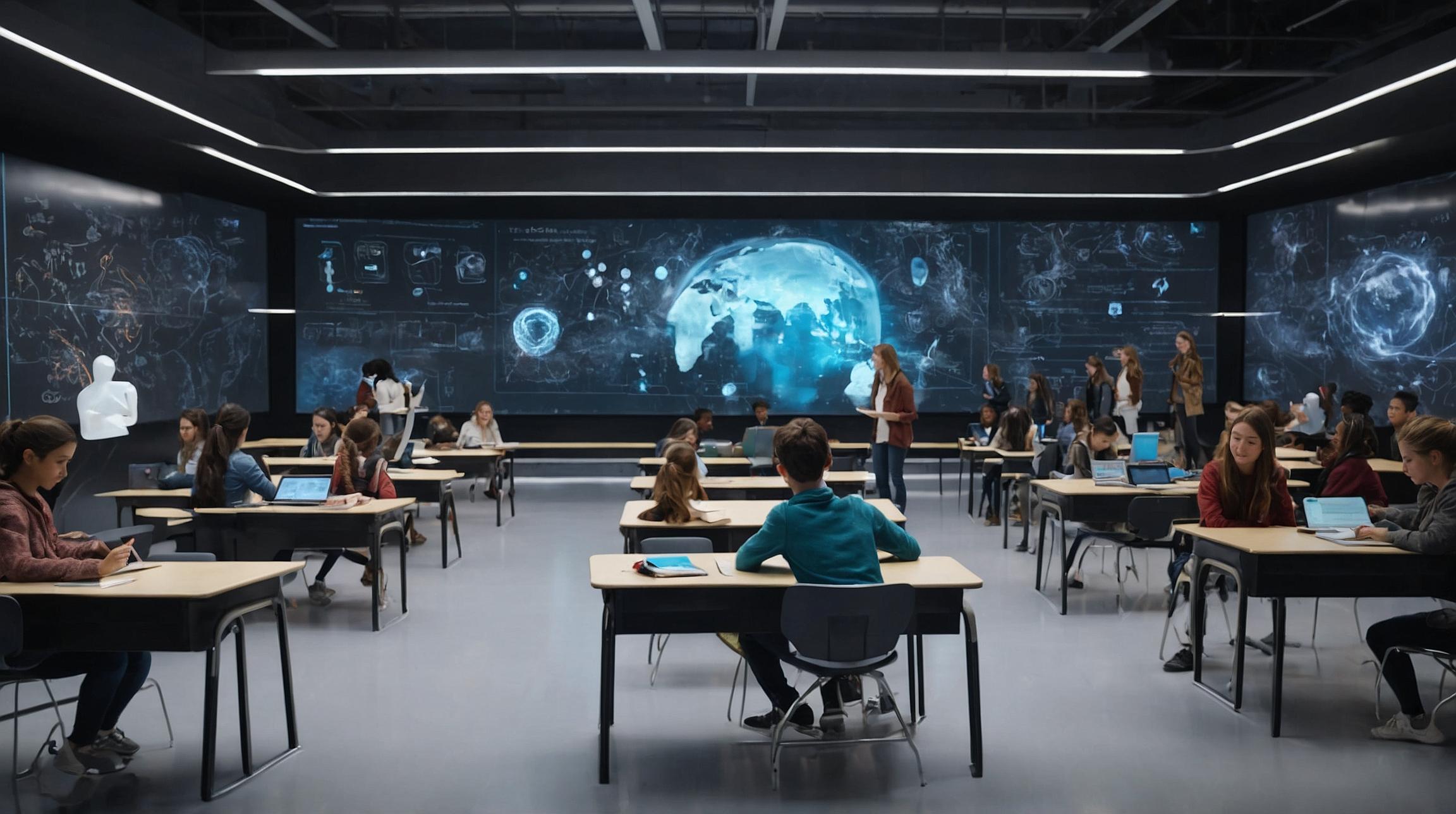AI's Growing Role in Education
Artificial intelligence (AI) is rapidly changing the landscape of education, as highlighted by Gene Crume, president of Judson University, during his talk at the Rotary Club of Marshalltown. Crume emphasized how AI is being integrated into classrooms to make learning more accessible and personalized.
Personalized Learning Experiences
With AI tools, students can now interact with AI-generated versions of their professors. This technology allows students to ask questions and receive answers from a virtual representation of their instructors, leading to more personalized and engaging learning experiences. For example, an AI avatar of a professor can provide tailored feedback, enhancing the learning process.
Generative Instructors and Emotional Engagement
AI is not just about information delivery. Generative instructors—AI entities designed to engage students emotionally—are becoming more common. These tools help create a better emotional connection, which can boost student motivation and change perceptions towards AI as a valuable educational tool.
Enhancing Writing Skills
AI's influence extends to students' writing capabilities as well. Tools like the Essay App by Jordan Peterson assist students in converting their ideas into coherent and impactful written content, showcasing AI's role in refining composition skills.
Ethical Considerations in AI Writing
As AI becomes more involved in writing, ethical questions arise. Since as early as 2014, media outlets have employed AI for article writing. This trend is growing, with applications like ChatGPT requiring constant refinement to meet user expectations. Crume suggests that AI's role might shift teaching focus towards oral presentations and in-class writing exercises.
Redefining Credentials and Degrees
AI is poised to revolutionize how qualifications are obtained. Crume proposes a progressive education model that begins with vocational training in high school, followed by community college degrees, and selective higher education pursuits. This approach, facilitated by AI, can lead to varied forms of credentialing across educational levels.
AI is undeniably reshaping education, offering innovative methods of teaching and learning from elementary levels to higher education. The potential for AI to personalize and enhance education continues to grow, promising a future where learning is more engaging and efficient.













